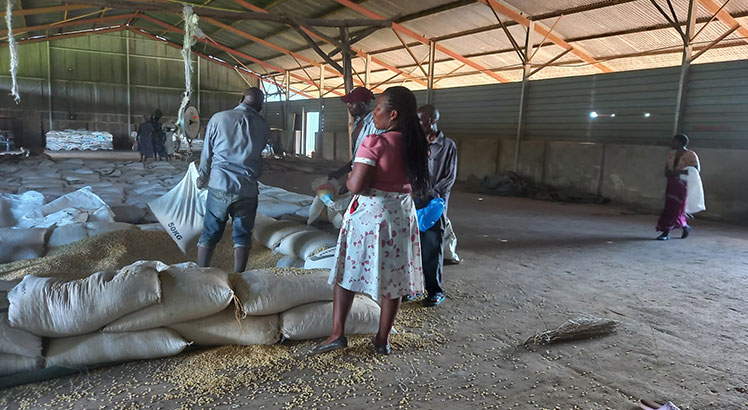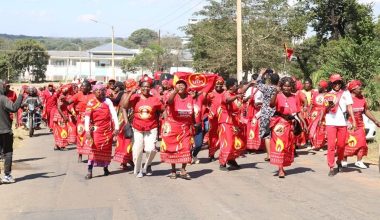WB eases Malawi food crisis with K100bn
The World Bank has released $56.7 million (about K99.3 billion) to the government to support Malawians affected by the food shortage that has hit the country.
The support comes after President Lazarus Chakwera announced a State of Disaster on March 23 2024.
In an e-mailed statement, the World Bank said the funds will be released through the Catastrophe Deferred Drawdown Option (CAT-DDO) to provide the country with “immediate liquidity” as local authorities strive to deal with the fallout caused by El Nino conditions in the country.

The CAT-DDO is a form of contingent financing offered by the International Bank for Reconstruction and Development to help countries take a proactive stand towards reducing exposure to catastrophic risk and access funds immediately after a natural disaster.
World Bank country director for Malawi Hugh Riddell commended Malawi, saying the Bretton-Woods institution released the funds following observations that Malawi is facing a severe food crisis at a time when the country is struggling to stabilise the economy and create conditions for inclusive growth.
“We are pleased the Government of Malawi had the foresight to lock in a CAT-DDO instrument when securing IDA budget support in late 2023. This innovation can help the Government of Malawi’s efforts to mitigate the impact on the most vulnerable.”
The $56.7 million CAT-DDO funds were included with the Malawi First Growth and Resilience Development Policy Operation the World Bank board approved in December last year.
In response, Minister of Finance and Economic Affairs Simplex Chithyola-Banda thanked the World Bank for providing the Malawi government with additional budget support to respond to the food crisis caused by El Nino.
He was quoted as having said: “We are pleased with the World Bank’s response to the call made by President Chakwera by providing additional budget resources under the CAT-DDO which will significantly leverage the support from other development partners and well-wishers as we intensify the mobilisation of resources to respond to the food crisis caused by El Nino.”
According to preliminary assessment from the government, erratic weather conditions such as dry spells in the Southern Region and above-average rainfall in the Central and Northern regions have affected more than two million farming households and 749 000 hectares of farmland, representing 44 percent of the national crop areas.
As a result, the onset of the 2024/2025 lean season is expected to be earlier and more severe than usual, according the United Nation’s World Food Programme.





